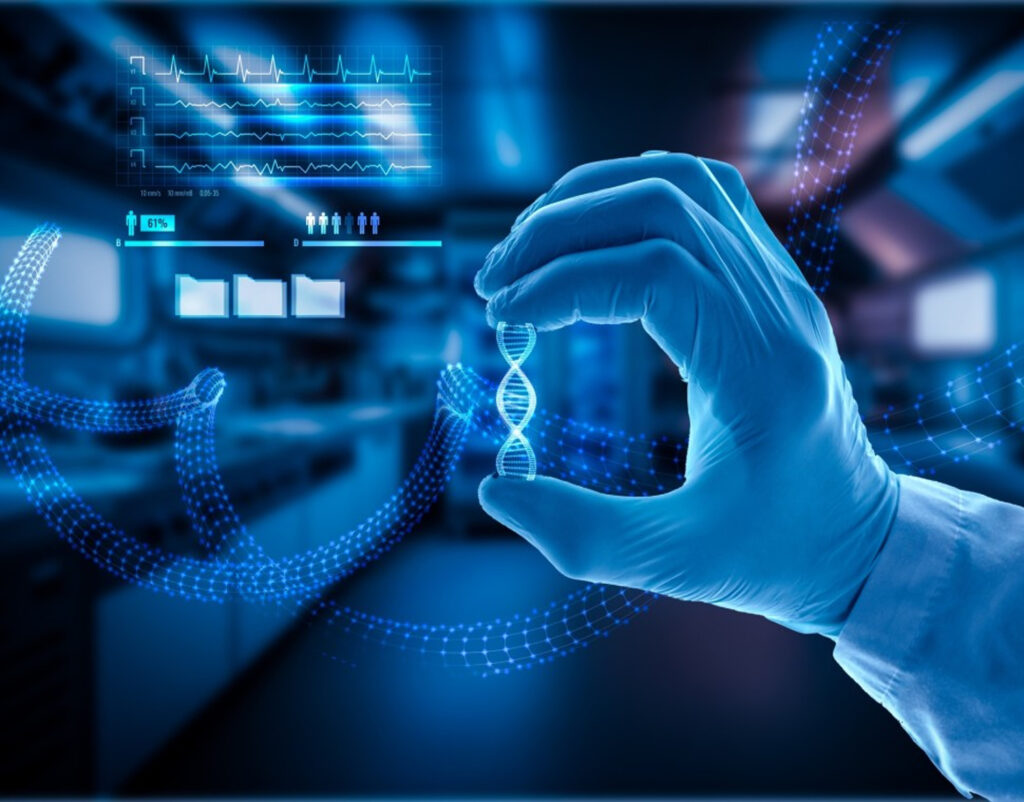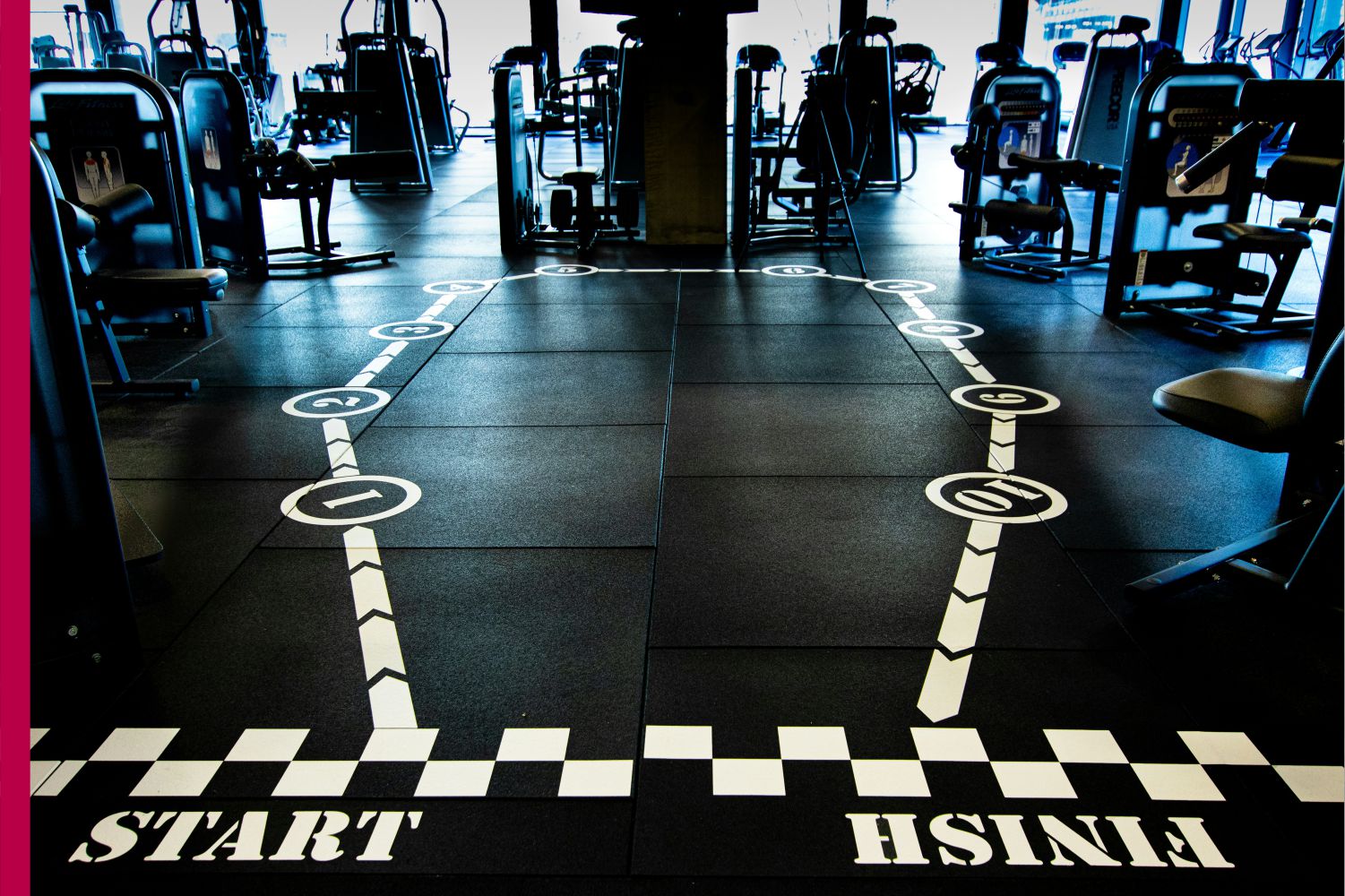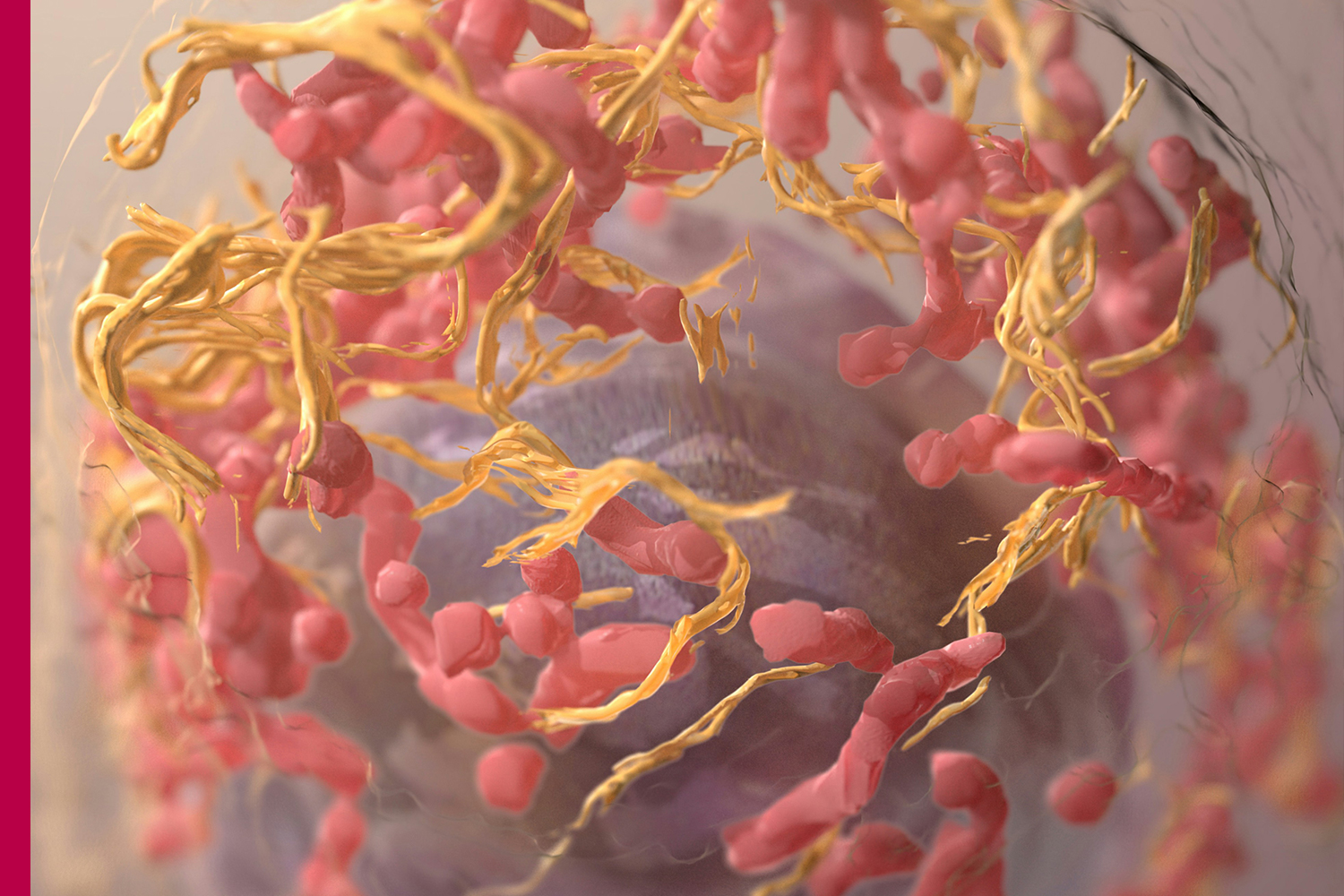In an era where science and technology are rapidly advancing, biotechnology and life sciences stand at the forefront of innovation. These fields are not just about laboratories and microscopes—they touch nearly every aspect of our lives, from the food we eat and the medicine we take to the way we fight climate change and protect biodiversity. With breakthroughs in genetic engineering, pharmaceuticals, and sustainable farming, biotechnology is rewriting the rules of what is possible.
What Is Biotechnology?
At its core, biotechnology involves using living organisms, cells, or biological systems to develop products and technologies that improve human life and the environment. While it may sound futuristic, biotechnology is not new. Ancient practices like fermenting bread, cheese, or beer were early forms of biotech. What has changed is the scale and sophistication of today’s applications—powered by advances in genetics, molecular biology, and computing.
The life sciences, meanwhile, provide the foundation by studying living organisms and ecosystems. Together, biotechnology and life sciences create a powerful synergy that addresses some of humanity’s greatest challenges.
Key Areas of Biotechnology & Life Sciences
1. Healthcare and Medicine
- Biopharmaceuticals – Drugs like insulin, vaccines, and monoclonal antibodies are created using biotechnology, offering safer and more effective therapies.
- Gene Therapy – By correcting defective genes, biotech is opening doors to curing previously untreatable genetic disorders.
- CRISPR Technology – This gene-editing tool allows scientists to modify DNA with precision, paving the way for breakthroughs in cancer treatments, rare disease cures, and regenerative medicine.
- Diagnostics – Biotech-based diagnostic tools, such as rapid COVID-19 tests, provide faster and more accurate detection of diseases.
2. Agriculture and Food Security
- Genetically Modified (GM) Crops – Resistant to pests, drought, or poor soil, these crops increase yields and reduce reliance on chemical pesticides.
- Bio-fertilizers & Bio-pesticides – Natural alternatives to chemicals help preserve soil health and biodiversity.
- Lab-Grown Meat – Biotechnology enables the creation of cultured meat, reducing the environmental impact of traditional livestock farming.
3. Environmental Sustainability
- Biofuels – Renewable fuels derived from plants or algae reduce reliance on fossil fuels.
- Bioremediation – Microorganisms are used to clean up oil spills, heavy metals, and other environmental pollutants.
- Carbon Capture – Biotech innovations are exploring ways to use engineered organisms to absorb and store carbon dioxide.
4. Industrial Biotechnology
- Bioplastics – Alternatives to petroleum-based plastics that are biodegradable and eco-friendly.
- Enzyme Technology – Enzymes are used in detergents, textiles, and food processing, making manufacturing cleaner and more efficient.
- Synthetic Biology – Engineers design microorganisms to produce valuable chemicals, fuels, and materials at scale.

Benefits of Biotechnology & Life Sciences
- Improved Healthcare Outcomes – More precise, effective treatments and vaccines save lives and reduce healthcare costs.
- Global Food Security – By increasing agricultural productivity, biotech ensures more people have access to nutritious food.
- Sustainable Development – Green biotech practices protect ecosystems and promote renewable energy.
- Innovation & Economic Growth – Biotechnology creates new industries, jobs, and opportunities for investment.
- Addressing Global Crises – From pandemics to climate change, biotech provides practical solutions to pressing global issues.
Challenges Facing Biotechnology
- Ethical Concerns 🧩 – Gene editing raises questions about “playing God,” cloning, and the potential misuse of technology.
- Regulation & Safety 📜 – Governments must balance innovation with safety standards to ensure biotech products do not harm people or ecosystems.
- Accessibility 🌐 – Advanced biotech treatments can be expensive, creating inequality between developed and developing nations.
- Public Perception 🤔 – Skepticism about GM foods, vaccines, or lab-grown meat can slow adoption, even when the science is sound.
- Data Security in Genomics 🔒 – As genetic data is digitized, cybersecurity becomes critical to protect personal health information.
Real-World Success Stories
- COVID-19 Vaccines – mRNA technology from companies like Pfizer and Moderna demonstrated how biotech can deliver life-saving solutions at record speed.
- Golden Rice – A genetically modified rice enriched with Vitamin A, designed to combat malnutrition in developing nations.
- Impossible Foods & Beyond Meat – Biotech-driven companies creating plant-based and cultured alternatives to reduce meat consumption’s environmental footprint.
- Algal Biofuels – Research into algae-based fuels shows promise as a sustainable replacement for fossil fuels.
The Future of Biotechnology & Life Sciences
The coming decades will see biotechnology merge with cutting-edge technologies like AI, robotics, and quantum computing to unlock even greater possibilities.
- Personalized Medicine – Tailoring treatments to individual DNA profiles will become the norm.
- Regenerative Medicine – Stem cells and tissue engineering will allow us to grow replacement organs.
- Synthetic Biology 2.0 – Custom-built organisms will produce everything from pharmaceuticals to construction materials.
- Global Collaboration – With pandemics and climate change transcending borders, international partnerships in biotech will be more important than ever.
- Affordable Biotech for All – Innovations in scalability and affordability will make biotech solutions accessible to developing nations, bridging global health and food security gaps.
Conclusion
Biotechnology and life sciences are not just scientific fields—they are forces shaping the future of humanity. From curing diseases and growing sustainable food to cleaning the environment and driving industrial innovation, biotechnology is redefining what’s possible.
Yet, with great power comes great responsibility. Ethical debates, regulatory frameworks, and accessibility must evolve alongside technological breakthroughs to ensure that progress benefits all of humanity, not just a privileged few.
As we look ahead, one thing is clear: biotechnology and life sciences will remain at the heart of solving the world’s greatest challenges. By harnessing the power of biology, we can build a healthier, more sustainable, and more prosperous future for generations to come.












